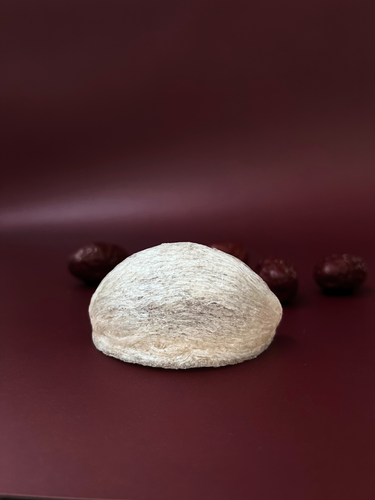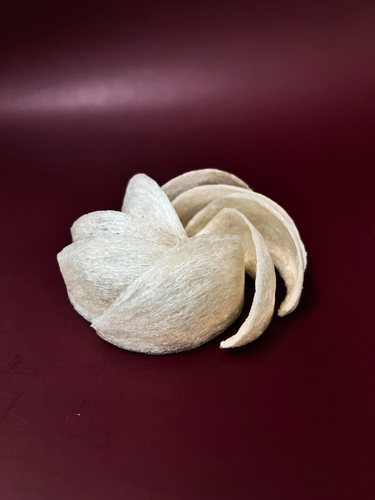Bird nest has long been regarded as a luxurious delicacy with remarkable health benefits. However, there are also many myths surrounding its use, production, and benefits. In this blog post, we debunk the top 5 common myths about bird nests to help you make informed decisions.
Bird Nest is Harmful to Birds
This is a common misconception. The nests used for consumption are carefully harvested in a sustainable manner, without harming the birds. In fact, swiftlet birds naturally build new nests regularly, ensuring that harvesting has minimal environmental impact.
Bird Nest is Only for the Wealthy
While bird nests were traditionally considered a luxury reserved for the wealthy, they have become more accessible in recent years. With options ranging from premium grades to more affordable selections, there is a bird nest product to suit every budget.
Bird Nest Has No Real Health Benefits
Contrary to this belief, bird nest is packed with essential nutrients like amino acids, glycoproteins, and minerals that offer a variety of health benefits. Scientific studies have shown that bird nest can boost the immune system, support respiratory health, and promote skin rejuvenation.
Bird Nest Can Only Be Consumed as a Soup
While bird nest soup is a popular traditional dish, it is far from the only way to enjoy this superfood. Bird nests can be used in a variety of recipes, from desserts and drinks to smoothies, making it a versatile addition to your diet.
All Bird Nests Are the Same
Not all bird nests are created equal. The quality of bird nests can vary significantly depending on the harvesting method and cleaning process. For example, our Premium grade bird nest is harvested using dry feather picking, ensuring it retains its natural form and superior texture, while our Superior grade bird nest undergoes a more thorough cleaning process for a smoother finish.
By dispelling these myths, we hope to offer a clearer understanding of bird nests and their true value. Whether you're looking to try bird nest for the first time or you're already a fan, understanding the facts can help you make better choices for your health and well-being.




